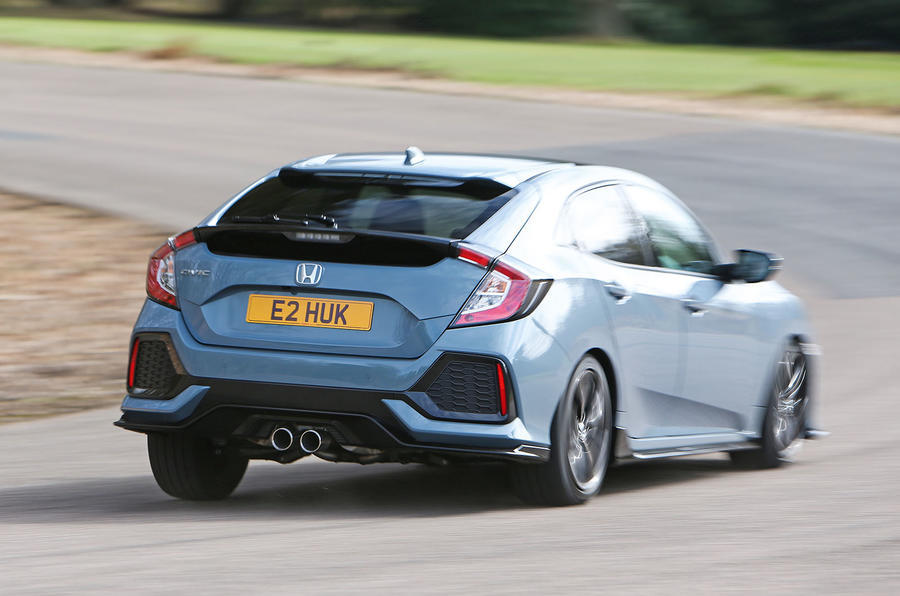Honda’s Swindon plant and workforce are the victims of being “in the wrong place at the wrong time”, according to the firm’s former UK boss Philip Crossman.
Contacted by Autocar, Crossman was managing director of Honda UK from 2013 to 2016 and now consults for the car industry. He said: “A perfect storm has culminated in this devastating decision, and for the people involved it is heart-breaking.
“The one thing I know that didn’t lead to this decision was the quality of the workforce or the facilities at the plant. Honda standards generally are world class - they top quality polls everywhere - and the quality in Swindon was close to the top of all of Honda’s plants.
“The commitment and enthusiasm of the workforce is second to none. They will suffer the fallout from this, of course, but they are in no way to blame for it.”
Instead, Crossman detailed his belief that the decision was likely the result of numerous global and local events that culminated around the need to make a decision on where to make the next generation Honda Civic in around two and a half years’ time.
“Around 30 months before production is when investment decisions need to be made,” said Crossman. “The production cycle meant that it was time to decide what to do next, and that put Swindon in the spotlight at a time when the company was facing a lot of challenges. We all know the conclusion they came to.”
Faced with the decision of whether to invest in the Swindon plant to build the new Civic, Crossman believes that there were five key factors that delivered the final blow to its 3500 workers and the extended supply chain, estimated to total a further 10,000 workers.
Global car market challenges
Shifting sales patterns around the world are impacting on every car maker, and Honda is not immune. Sales in China (see below) and the world’s second-largest car market, the USA, fell. Both are traditional strongholds for Honda sales. The figures in Europe were low too, at 0.8% of all registrations - down from a high of more than 2% in 2007.
Diesel’s decline was not a significant reason, however, argues Crossman. “They didn’t have a diesel until 2004, and even now a fraction of its global car sales were diesels,” he says. “The impact has been relatively minor as a result.”
Chinese market decline and shift





Join the debate
Add your comment
No doubt in 10 years time they'll come back to Eastern Europe
I bet in ten years time after the Euro has tanked & the Yen has become overvalued, Honda will be tempted back to Europe by an EU loan to build a plant in Eastern Europe!!!!!
Lets be honest
The Honda range isnt very appealing, and very limited, the Jazz, for pensioners, the Civic for those who like a "different" styling approach, and a couple of lacklustre SUV's, where is the fun, where is the Accord, the latest version is a lovely machine, surely they could have sold that in the UK, or what about the Civic Coupe, far less ugly that the hatchback, where is the successor to the S2000, or the Prelude?
Perhaps the reason their market share shrank, is because their range shrank, and just didnt appeal to anyone.
Then again, if your an idiot, you could just blame Brexit, I suspect their shambolic efforts in F1 didnt do them any favours either, but thats a different story.
Honda and Turkey
Chris C is correct, there is not a point in the low volume Turkey factory either. On the same day, Honda announced the Turkish factory will stop building Civics at the same time as Swindon. However due to local politics they have not explicitly said it will close, however the local engineering community believe it will.
The UK press are quiet on this because it does not align with Project Fear.
PS this is being written in a hotel in Istanbul.